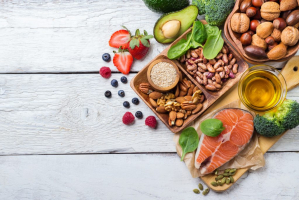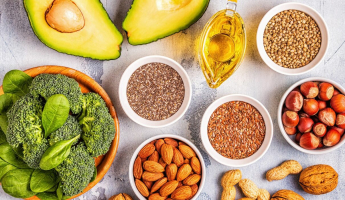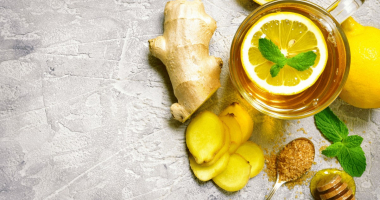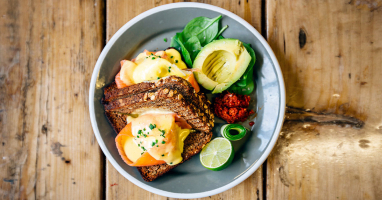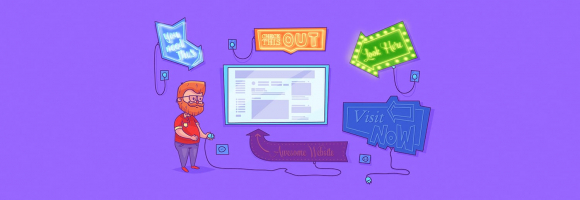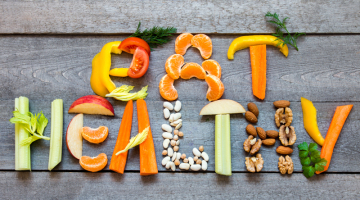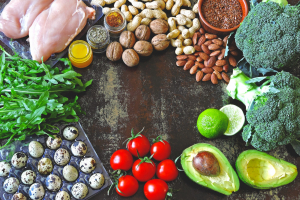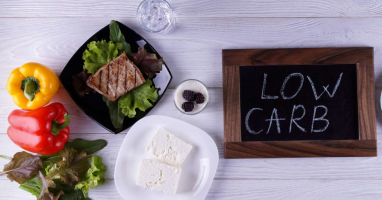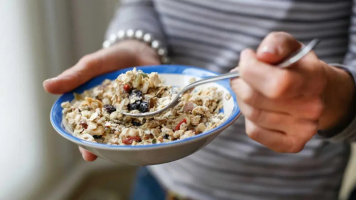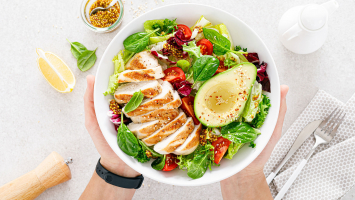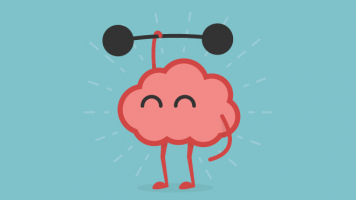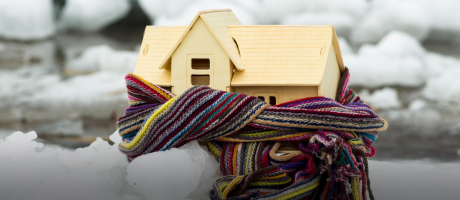Top 15 Effective Ways to Lower Your Blood Pressure
Hypertension, often known as high blood pressure, is sometimes referred to as the "silent killer." Despite having a high risk of heart disease and stroke, it ... read more...frequently has no symptoms. And among the main causes of death in the US are these diseases. Fortunately, you don't need to take medicine to drastically lower your numbers and lower your risk. Here are some efficient methods for lowering blood pressure.
-
Aerobic and resistance training have been shown to dramatically lower blood pressure, especially in men, according to a meta-analysis of 65 research. In a 2013 study, sedentary older adults who engaged in aerobic exercise training saw an average reduction in systolic and diastolic blood pressure of 3.9 and 4.5 percent, respectively. These outcomes are comparable to those of various blood pressure medicines.
Your heart gets stronger and pumps less strongly as you routinely raise your heart and breathing rates. This decreases your blood pressure and relieves pressure on your arteries. The American College of Cardiology and the American Heart Association recommends engaging in moderate to intense physical activity three to four times per week for 40 minutes at a time. If it's difficult to find 40 minutes at once, there can still be benefits by breaking it up into three or four 10- to 15-minute segments throughout the day.

Increase activity and exercise more 
Increase activity and exercise more -
Losing weight can lower your body's overall amount of fat and decrease your risk of inflammation, both of which can lower your cholesterol levels. Exercise and weight loss can also reverse insulin resistance, improving your body's ability to regulate hormones and lipoproteins.
Your cholesterol levels can be improved by losing as little as 10 pounds. In one study, participants' levels of LDL, total cholesterol, and triglycerides were markedly lowered when they lost at least 5% of their body weight. (Men who shed between 5% and 10% of their body weight performed better than women who did the same). However, those who lost less than 5% of their body weight merely experienced a decrease in triglyceride levels.
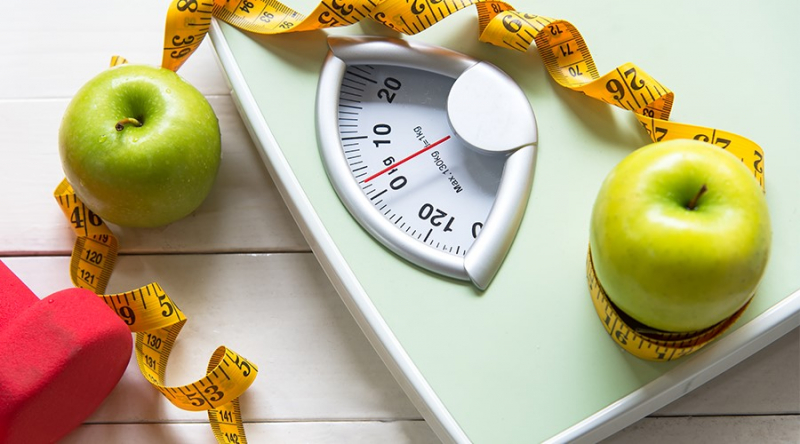
Lose weight if you’re overweight 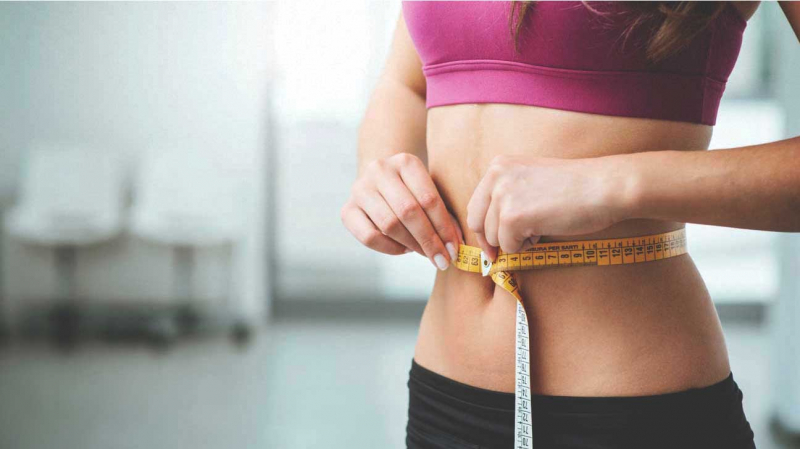
Lose weight if you’re overweight -
Numerous studies have shown that limiting sugar and processed carbohydrates can help in weight loss and blood pressure reduction. Cutting back on them can give more benefits to you because they have little nutritional value and is high in calories.
According to 2014 research, sugar, especially fructose, may raise blood pressure more than salt. Sugar elevated blood pressure by 6.9 mm Hg systolic and 5.6 mm Hg diastolic in studies that lasted at least 8 weeks. According to a 2020 study comparing many common diets, low-carb and low-fat diets reduced systolic blood pressure by 3 mm Hg and diastolic blood pressure by an average of 5 mm Hg in adults who were overweight or obese after six months. Because you're eating more protein and fat on a low-carb, low-sugar diet, you feel satiated for longer.
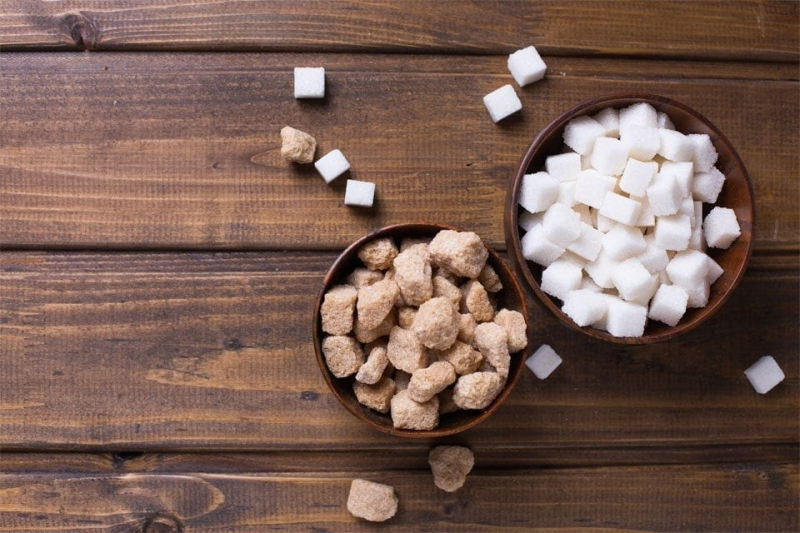
Cut back on sugar and refined carbohydrates 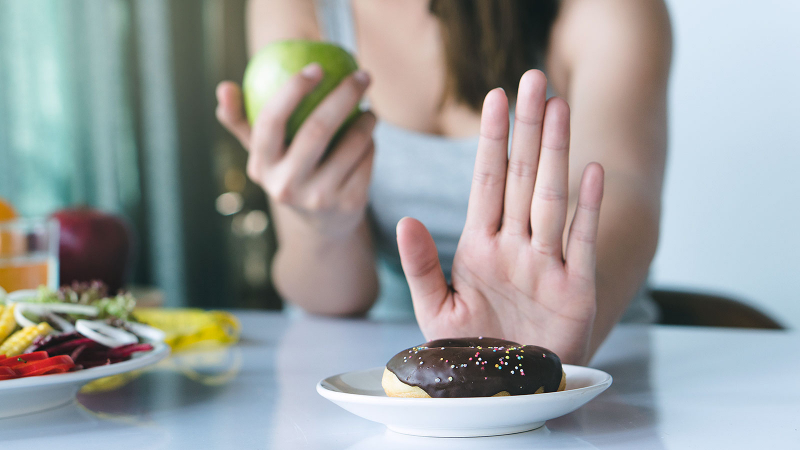
Cut back on sugar and refined carbohydrates -
Your blood pressure can also be lowered by increasing your potassium consumption and reducing your salt intake. Potassium helps your body in two ways: it lowers the impact of salt in your system and reduces blood vessel tension. However, potassium-rich diets may be dangerous to those who have kidney disease, so consult your doctor before consuming more potassium.
It is simple to consume more potassium. Naturally high in potassium foods include:
- Low-fat dairy foods, such as milk and yogurt
- Fish
- Fruits, such as bananas, apricots, avocados, and oranges
- Vegetables, such as sweet potatoes, potatoes, tomatoes, greens, and spinach
- ...
Keep in mind that everyone reacts to salt differently. Some people have salt sensitivity, which causes their blood pressure to rise when they consume more salt. Others don't react to salt. They can consume a lot of salt and expel it in their urine without their blood pressure increases.
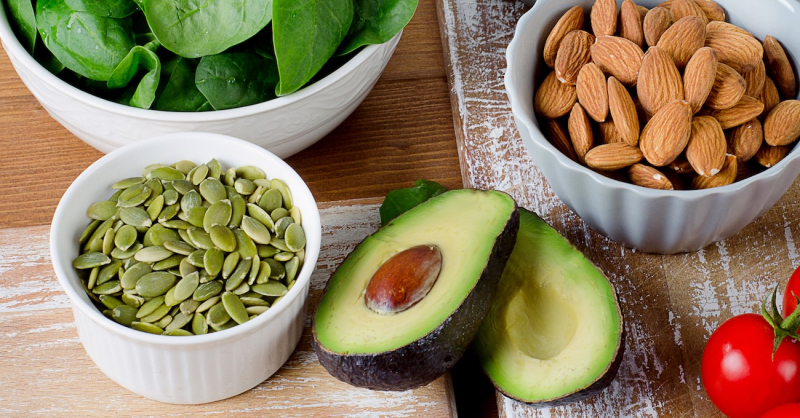
Eat more potassium and less sodium 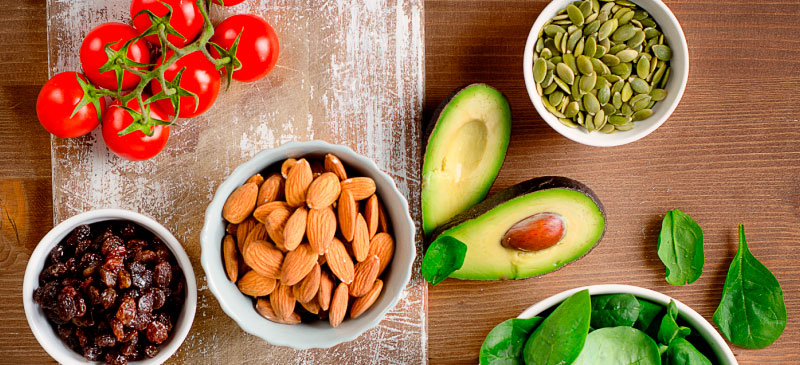
Eat more potassium and less sodium -
The majority of the extra salt in your diet comes from processed foods and foods from restaurants. Typical high-salt foods include:
- Deli meats
- Canned soup
- Pizza
- Chips
- Other processed snacks
- ...
To make up for the loss of fat, "low fat" foods typically have high salt and sugar content. Food tastes better and makes you feel full when it is fat. You can eat less salt, sugar, and refined carbs by limiting your intake of processed foods, or even better, by completely eliminating them from your diet. Lower blood pressure can be the outcome of all of this. Make reading nutrition labels a practice. 5% or less of the salt listed on a product label is regarded as low by the Food and Drug Administration (FDA), whereas 20% or more is regarded as high.
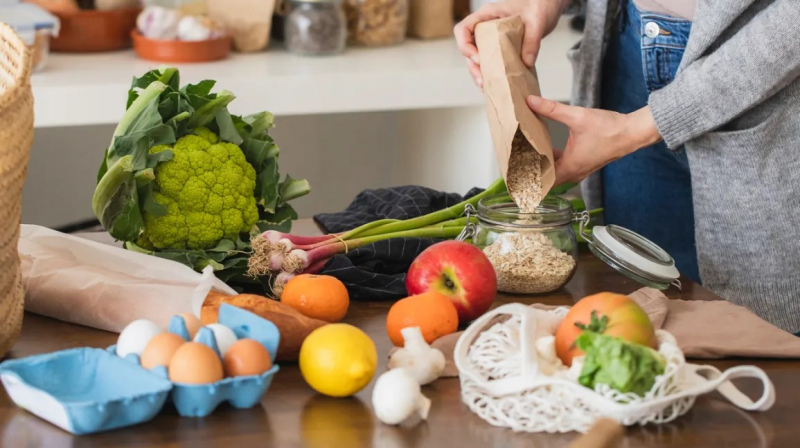
Eat less processed food 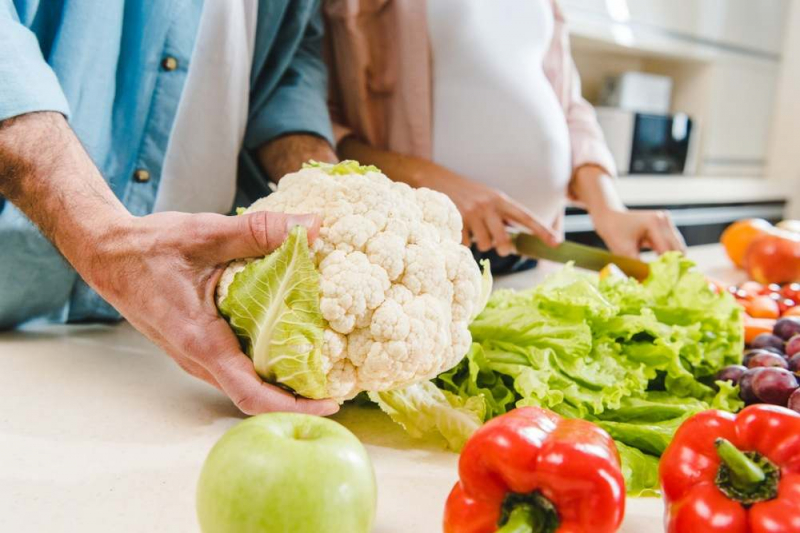
Eat less processed food -
Although it can be challenging, giving up smoking is beneficial for your overall health. Smoking increases your blood pressure and heart rate immediately but only temporarily.
By blood vessel wall deterioration, inflammation, and arterial narrowing over time, tobacco's chemicals can raise blood pressure. Higher blood pressure is a result of the hardened arteries. Even when exposed to secondhand smoke, the compounds in tobacco can have an adverse effect on your blood vessels. According to a study, nonsmokers who usually come to moke-free places such as bars, restaurants, and workplaces had lower blood pressure than nonsmokers who live in locations without any public smoke-free policies.
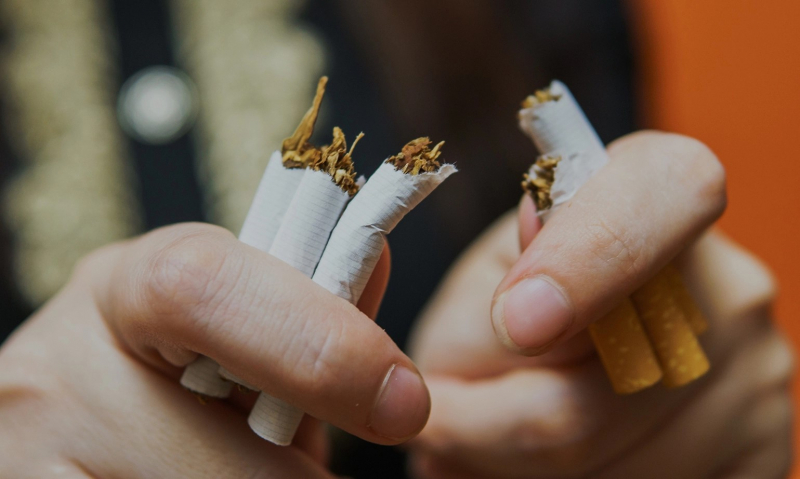
Stop smoking 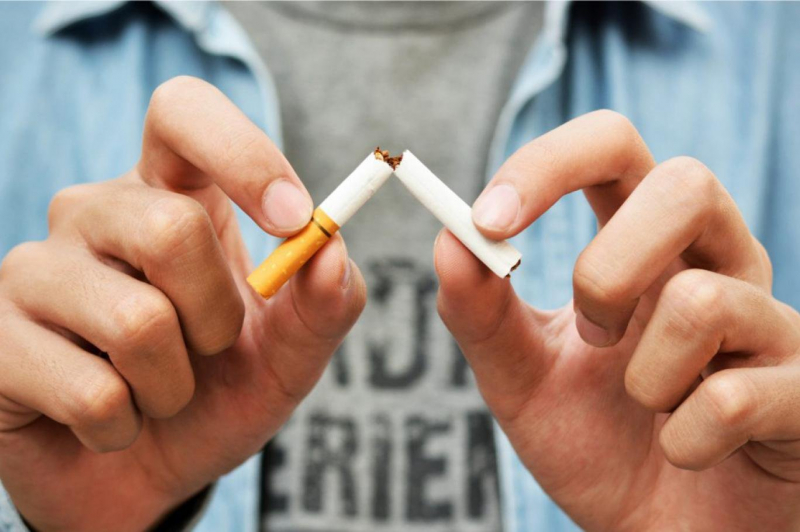
Stop smoking -
Stressful times now exist. Stress is a result of expectations from the workplace, the family, and both domestic and foreign politics. Stress that's left unchecked can contribute to many health problems, such as high blood pressure, heart disease, obesity and diabetes.
It's important for your health and blood pressure that you find measures to lessen your own stress. Find the stress-relieving method that is most suitable for you among the many available options. Take a walk, read a book, watch a comedy, or practice deep breathing. Daily music listening has also been demonstrated to lower systolic blood pressure. Regular sauna use reduced death from heart-related events, according to 20-year research. And a 2015 small study found that acupuncture can lower systolic and diastolic blood pressure.

Reduce excess stress 
Reduce excess stress -
Stress reduction techniques that have been used and studied for a long time include transcendental meditation and mindfulness. Yoga's incorporation of meditation and breathing can help improve a person's mental well-being.
Yoga, which frequently incorporates posture, breathing exercises, and meditation techniques, can also be helpful in lowering stress and blood pressure. According to a 2013 review on yoga and blood pressure, participants experienced average blood pressure drops of 4.17 mm Hg systolic and 3.62 mm Hg diastolic when compared to non-participants. Studies of yoga practices including breath control, postures, and meditation were nearly twice as effective as yoga practices that didn’t include all three of these elements.

Try meditation or yoga 
Try meditation or yoga -
It could take some time for your taste buds to get used to dark chocolate if you're not already a fan. But it was worth the effort. Dark chocolate, in this case, has a variety of positive health effects. There is evidence that dark chocolate can lower blood pressure.
But 60 to 70% cacao should be present in the dark chocolate. As the percentage of cacao increases, you get less milk and sugar, and more of the cacao. One to two squares of dark chocolate per day may help lower the risk of heart disease by reducing blood pressure and inflammation, according to a review of studies on the subject. The flavonoids found in chocolate with greater cocoa solids are thought to be responsible for the benefits. The flavonoids help in blood vessel dilation or widening.
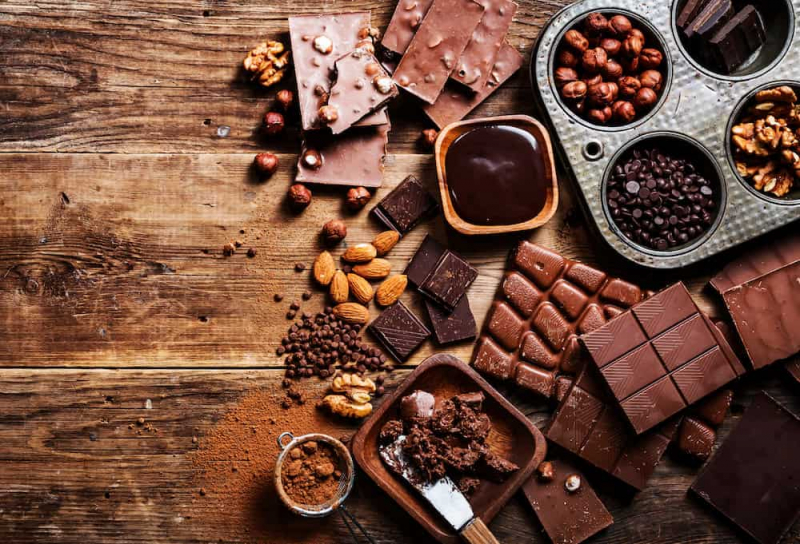
Eat some dark chocolate 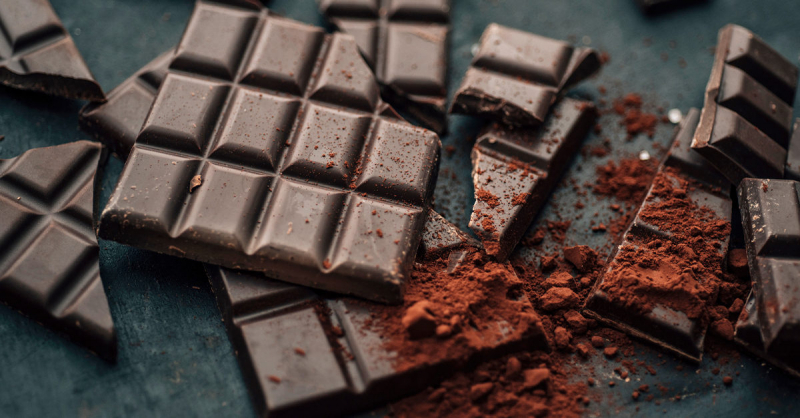
Eat some dark chocolate -
Many cultures have used herbal remedies for a long time to treat a variety of diseases. Even certain herbs have the potential to reduce blood pressure. To determine the dosages and components in the herbs that are most effective, more research is necessary. Before taking herbal supplements, always talk to your doctor or pharmacist. They might interfere with your prescription drugs.
Various cultures throughout the world use the following partial list of plants and herbs to decrease blood pressure:
- Black bean (Castanospermum australe)
- Cat’s claw (Uncaria rhynchophylla)
- Celery juice (Apium graveolens)
- Chinese hawthorn (Crataegus pinnatifida)
- Ginger root
- Giant dodder (Cuscuta reflexa)
- Indian plantago (blond psyllium)
- Maritime pine bark (Pinus pinaster)
- River lily (Crinum glaucum)
- Roselle (Hibiscus sabdariffa)
- Sesame oil (Sesamum indicium)
- Tomato extract (Lycopersicon esculentum)
- Tea (Camellia sinensis), especially green tea and oolong tea
- Umbrella tree bark (Musanga cecropioides)
- ...
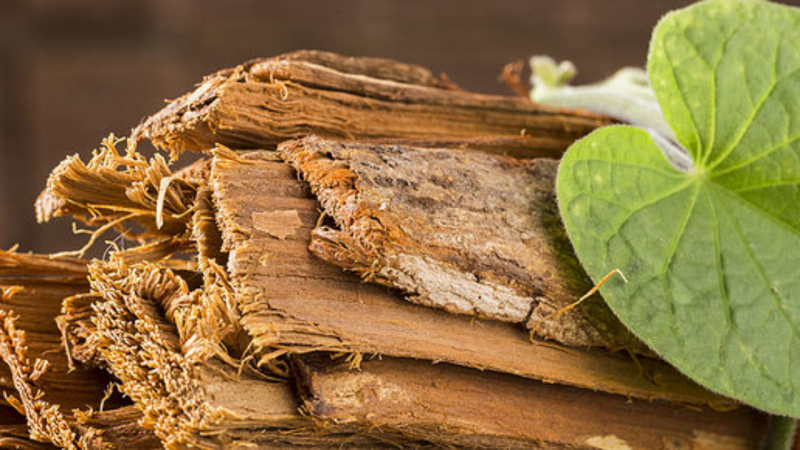
Try these medicinal herbs 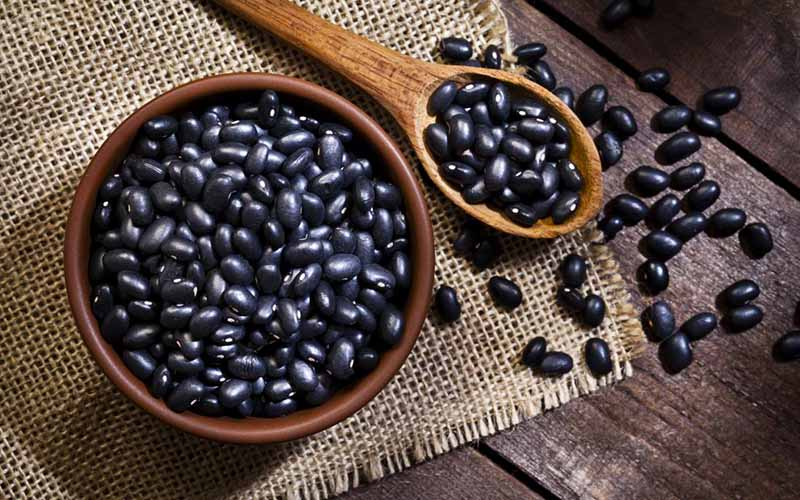
Try these medicinal herbs -
When you sleep, your blood pressure normally drops. Your blood pressure may be impacted by poor sleep. People who lack sleep, especially those in their middle years, are more likely to develop high blood pressure. It can be difficult for some people to get a good night's sleep.
These are some of the various strategies available to you for achieving good sleep:
- Consider setting up a regular sleep schedule.
- Spend time relaxing before bedtime.
- Engage in daytime exercise.
- Avoid taking naps during the day.
- Make sure your bedroom is comfortable.
- ...

Make sure to get good, restful sleep 
Make sure to get good, restful sleep -
In most Indian cuisines, garlic is a common ingredient because of its distinct taste and aroma. Natural bacterial, inflammatory, and antioxidant properties exist in garlic. Your heart's health depends on maintaining healthy cholesterol levels. You can get some help from garlic! It is thought to be quite effective at lowering cholesterol and blood clotting.
Both fresh and extracted garlic are frequently used to decrease blood pressure. An intake of the half to one clove of garlic per day lowers cholesterol levels by approximately 10%, according to one study. According to a meta-analysis, garlic supplements can lower systolic blood pressure by up to 5 mm Hg and diastolic blood pressure by up to 2.5 mm Hg in people who have high blood pressure. A 2009 clinical investigation found that garlic extract preparations may lower blood pressure more than typical garlic powder tablets.
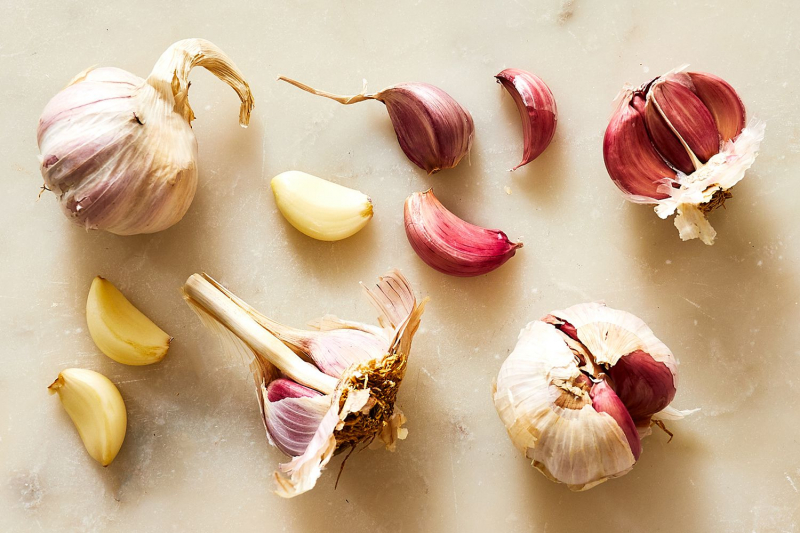
Eat garlic or take garlic extract supplements 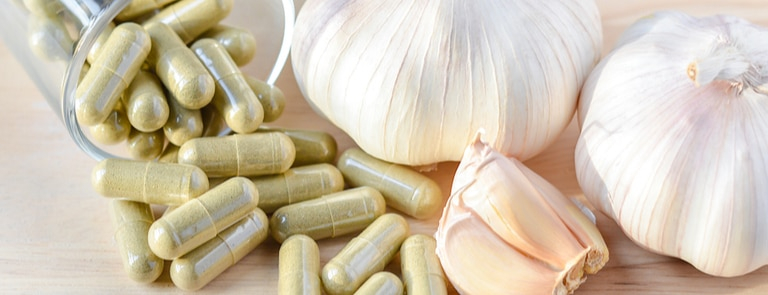
Eat garlic or take garlic extract supplements -
People who consumed more protein had a lower risk of high blood pressure, according to a long-term study that was concluded in 2014. A low protein diet was associated with a 40% higher risk of high blood pressure than people who ate an average of 100 grams of protein per day. Additionally, those who increased their intake of regular fiber had a risk reduction of up to 60%. A high-protein diet might not be suitable for everyone, though. Kidney disease sufferers may need to take precautions. It's best to consult your doctor.
On the majority of diet plans, getting 100 grams of protein each day is not too difficult, foods high in protein include:
- Fish, such as salmon or canned tuna in water
- Eggs
- Poultry, such as chicken breast
- Beef
- Beans and legumes, such as kidney beans and lentils
- Nuts or nut butter, such as peanut butter
- Chickpeas
- Cheese, such as cheddar
- ...
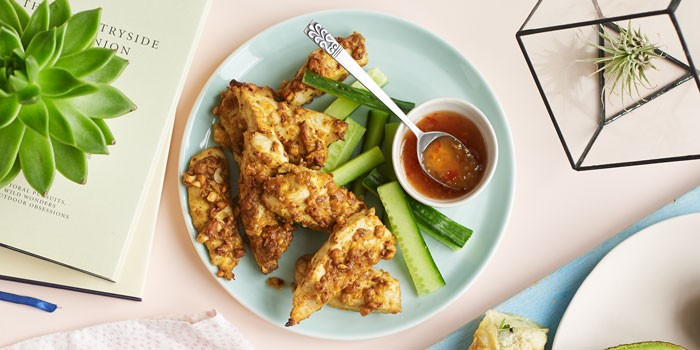
Eat healthy high protein foods 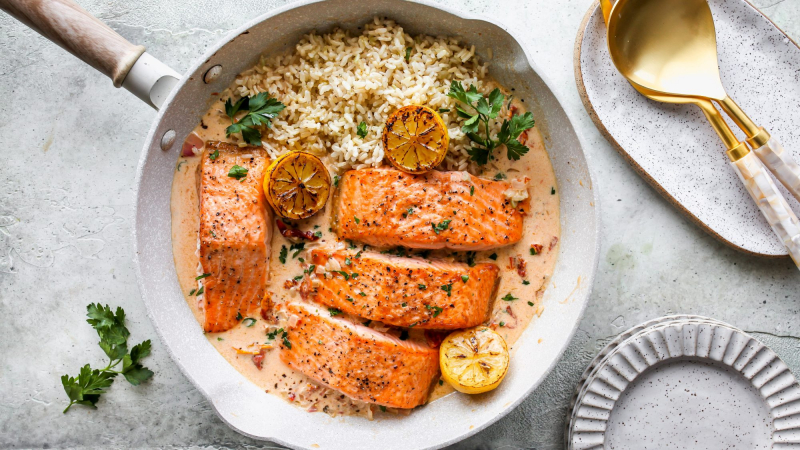
Eat healthy high protein foods -
These commonly available supplements have shown potential in decreasing blood pressure:
- Omega-3 polyunsaturated fatty acid: Fish oil or omega-3 polyunsaturated fatty acids can provide a number of benefits to your diet. According to a meta-analysis on fish oil and blood pressure, people with high blood pressure experienced an average of 4.5 mm Hg systolic and 3.0 mm Hg diastolic blood pressure reduction.
- Whey protein: In addition to possibly decreasing blood pressure, this milk protein complex may offer other medical benefits.
- Magnesium: Higher blood pressure is associated with magnesium deficiency. A meta-analysis discovered that taking extra magnesium led to a slight drop in blood pressure.
- Citrulline: L-citrulline, taken orally, is a precursor to L-arginine, a protein building block that may reduce blood pressure.
- ...
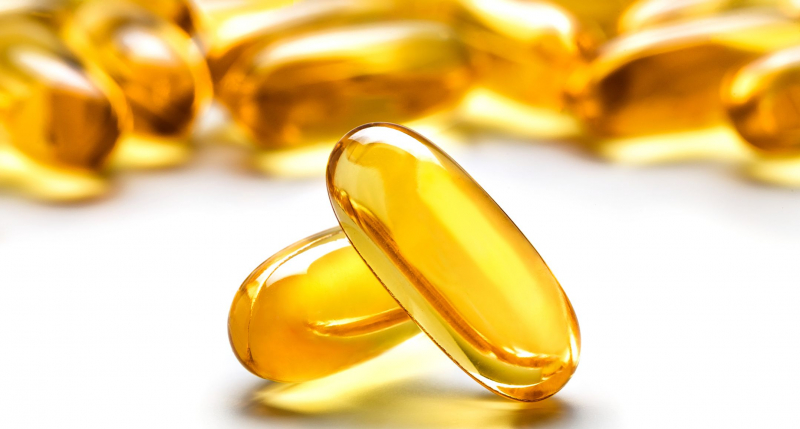
Take these BP-lowering supplements 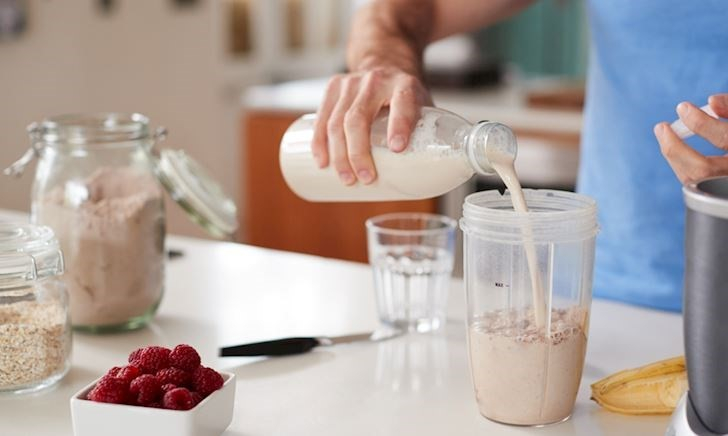
Take these BP-lowering supplements - Omega-3 polyunsaturated fatty acid: Fish oil or omega-3 polyunsaturated fatty acids can provide a number of benefits to your diet. According to a meta-analysis on fish oil and blood pressure, people with high blood pressure experienced an average of 4.5 mm Hg systolic and 3.0 mm Hg diastolic blood pressure reduction.
-
Even if you're in good health, alcohol can cause your blood pressure to rise. Over time, excessive alcohol use can lead to the development of chronic diseases and other serious problems including High blood pressure, heart disease, stroke, liver disease, digestive problems, etc.
It's crucial to drink in moderation. A 2006 study found that drinking alcohol can cause your blood pressure to rise by 1 mm Hg for every 10 grams consumed. A typical drink has 14 grams of alcohol. What does a typical drink consist of? 1.5 ounces of distilled spirits, 5 ounces of wine, or one 12-ounce beer. Up to one drink per day for women and up to two drinks per day for men is considered moderate drinking. According to a review, even while consuming more than 30 grams of alcohol may initially lower blood pressure, after 13 hours or longer, systolic and diastolic blood pressure increased by 3.7 mm Hg and 2.4 mm Hg, respectively.
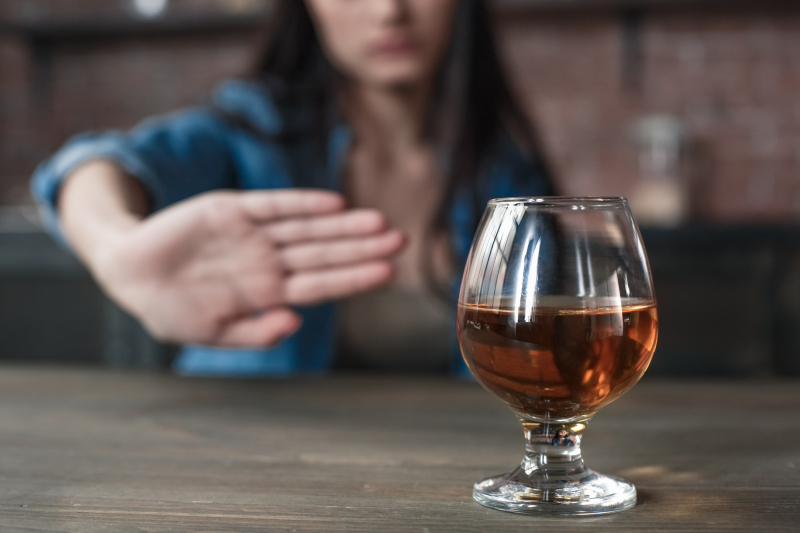
Drink less alcohol 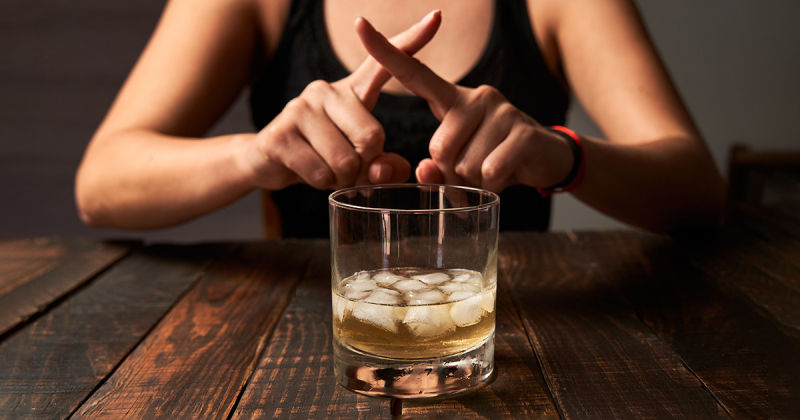
Drink less alcohol

















